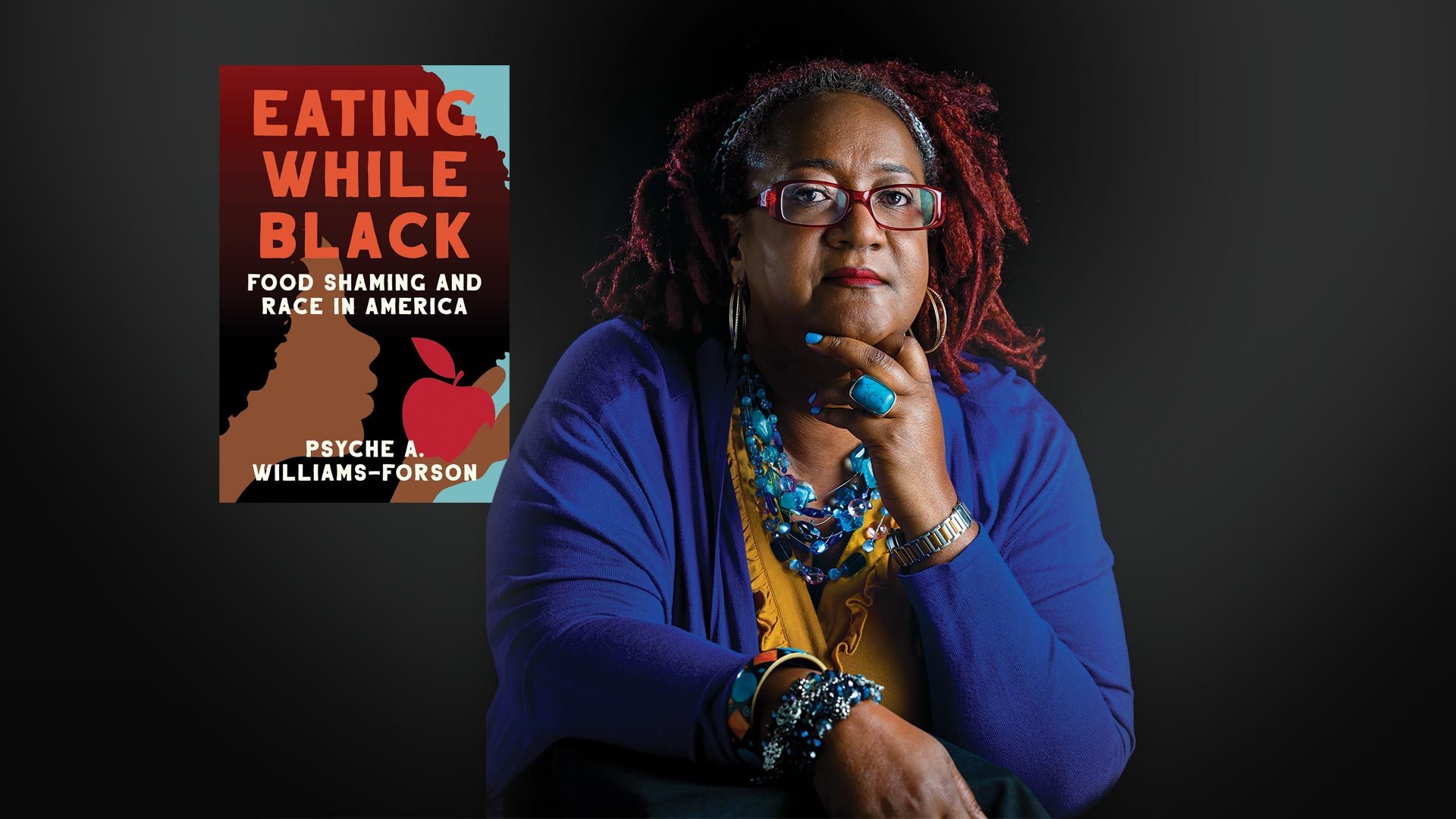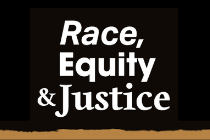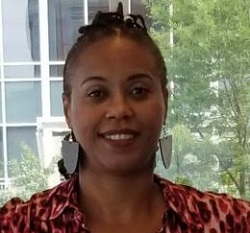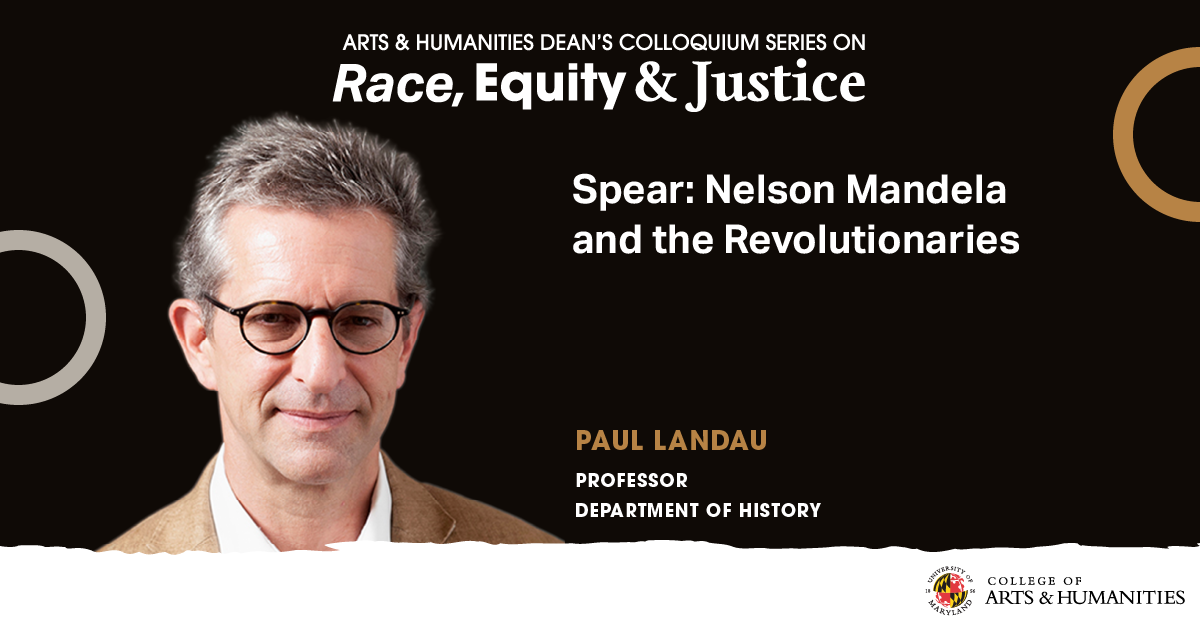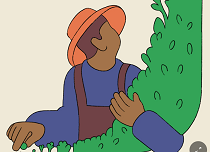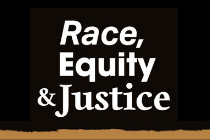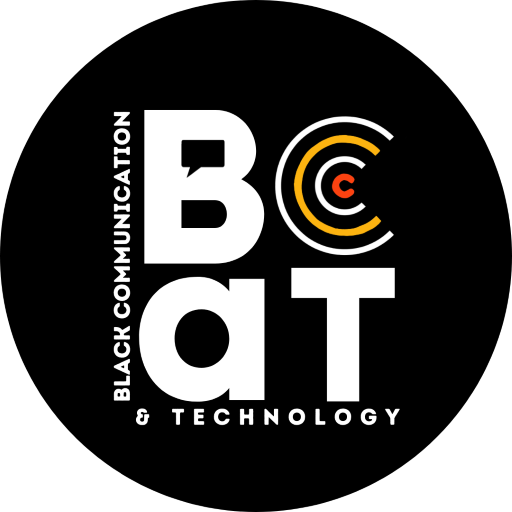Dean Bonnie Thornton Dill kicked off the Colloquium Series in 2020 as part of the Campaign on Race, Equity and Justice, hosting a series of faculty experts from ARHU to discuss their scholarship and creative projects related to anti-racism and social justice.
This year, each session will include a mini-lecture and then a conversation with Dean Stephanie Shonekan, followed by Q and A from participants. Grab a cup of coffee and join the Dean for a conversation with some of ARHU’s leading experts in social justice and anti-racism.
2022-2023 COLLOQIUM SERIES:
September 28: Catherine Knight Steele, associate professor in the Department of Communication will present a talk titled "Toward a Digital Black Feminist Future". VIDEO
October 26: Michael Ross, professor in the Department of History will present a talk titled "The Supreme Court, Stare Decisis, and the Inapt Comparisons between the Dobbs decision and Brown v. Board of Education". VIDEO COMING SOON.
2021-2022 COLLOQIUM SERIES:
October. 27: Christopher Bonner, associate professor in the Department of History, whose talk is titled "Willis Hodges's Shield: The Meanings of Black Voters." VIDEO
November 19: Janelle Wong, professor in the Department of American Studies, whose talk is titled “At the Crossroad: Black and Asian American Relations in U.S. Politics Today.” VIDEO
December 9: Robert Levine, Distinguished University Professor in the Department of English, whose talk is titled “The Failed Promise: Reconstruction, Frederick Douglass and the Impeachment of Andrew Johnson.” VIDEO
February 17: Alexis Lothian, associate professor in the Harriet Tubman Department of Women, Gender, and Sexuality Studies, whose talk is titled “Fan Fiction, Social Justice and the Politics of Fantasy.” VIDEO
March 16: Sahar Khamis, associate professor in the Department of Communication, whose talk is titled “Insights on Countering Islamophobia through Research, Activism and Media Outreach.” VIDEO
April 15: La Marr Jurelle Bruce, associate professor in the Department of American Studies, whose talk is titled “How to Go Mad without Losing Your Mind: Toward a Mad Methodology.”
April 27: Shay Hazkani, assistant professor in the Department of History and Joseph and Rebecca Meyerhoff Program and Center for Jewish Studies, title forthcoming. VIDEO
2020-2021 COLLOQUIUM SERIES:
Perla Guerrero, Associate Professor of American Studies
Topic: Latinxs on Both Sides of Inequality and Fighting for Justice
September 16, 9-10 am
VIDEO
Marisa Parham, Professor in English and Director of AADHum
Topic: Purpose, Frivolity, Futures: What, really, is inclusion?
October 6, 9-10am
VIDEO
Scot Reese, Professor in the School of Theatre, Dance and Performance Studies
Topic: Racial "Battle Fatigue" in black theatre and culture
October 26, 9-10am
VIDEO
Julius Fleming, Jr., Assistant Professor in English
Topic: His book, “Black Patience: Performance, Civil Rights, and the Refusal to Wait for Freedom”
November 6, 9-10am
VIDEO
Tamanika Ferguson, Presidential Post Doc in the Communication Department
Topic: Incarcerated women and media activism
November 17, 9-10 am
VIDEO
Richard Bell, Professor of History
Topic: African American political culture and his book: "Stolen: Five Free Boys Kidnapped Into Slavery and Their Astonishing Odyssey Home"
December 8, 9-10 am
VIDEO
Quincy Mills, Associate Professor of History
Topic: Movement Money: Crises, Relief, and Democratic Practice
February 17, 9-10 am
VIDEO
Mary Corbin Sies, Associate Professor of American Studies; Trevor Munoz, MITH Director; Maxine Gross, President of Lakeland Community Heritage Project; and Lakelands Project team members
Topic: The Lakeland Digital Archive: Toward an Equitable Community/University Collaboration
April 13, 9-10 am
VIDEO
Jessica Gatlin, Assistant Professor of Art
Topic: Interdisciplinary Forms of Resistance
April 29, 9-10 am
VIDEO
GerShun Avilez, Associate Professor in English
Topic: Black radicalism and his book, "Black Queer Freedom: Spaces of Injury and Paths of Desire"
May 6, 9-10 am
VIDEO

